Overwhelmed German officials clash over Ukraine refugees at summit
A summit on the situation of refugees has failed to break an impasse among Germany’s federal, state and local governments.
On Thursday, Reinhard Sager, the head of the German association of counties, said the summit was a disappointment. He criticized Chancellor Olaf Scholz for his absence. "We urgently need relief now," said Sager.
Local governments want the federal government to offer them more support and to implement tighter borders and faster deportations.
“The mood in the country ... it is threatening to tip,” said the interior minister of the central state of Hesse, Peter Beuth, after the Berlin summit. "That is why it is necessary that we find solutions quickly."
Interior Minister Nancy Faeser reportedly offered more federal property to accommodate refugees, and outlined a new working structure for cooperation.
A year into the war in Ukraine, more than one million refugees from Ukraine, mostly women and children, have been registered in Germany.
Net migration from Ukraine in 2022 alone – at 962,000 – was higher than that from Syria, Afghanistan and Iraq combined between 2014 and 2016, which stood at 834,000, according to the latest data from the federal statistics office.
Displaced Ukrainians are now living in countries all over Europe, as well as further afield. Many have spent months outside of their home country. Reports are countless of Ukrainian refugees encountering nightmarish, unsafe conditions in their adopted countries.
CBS News senior foreign correspondent Charlie D’Agata said in 2022 that Ukraine “isn’t a place, with all due respect, like Iraq or Afghanistan that has seen conflict raging for decades. This is a relatively civilized, relatively European.”
The BBC interviewed a former deputy prosecutor general of Ukraine, who told the network, “It’s very emotional for me because I see European people with blue eyes and blond hair … being killed every day.”
On France’s BFM TV, journalist Phillipe Corbé said, “We’re not talking here about Syrians fleeing the bombing of the Syrian regime backed by Putin. We’re talking about Europeans leaving in cars that look like ours to save their lives.” In other words, not only do Ukrainians look like “us,” even their cars look like “our” cars.
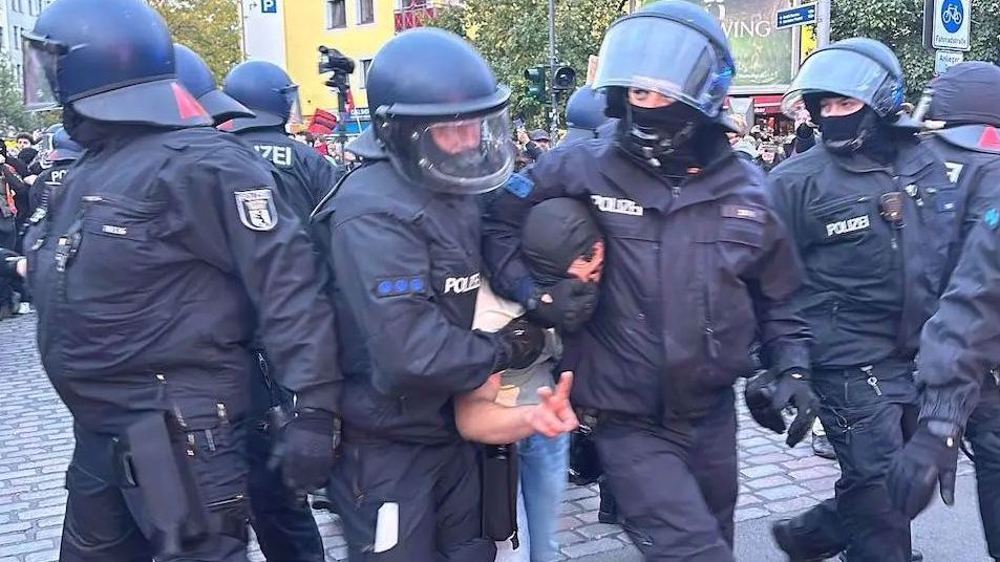
German police arrest pro-Palestine students at Humboldt University

Kremlin warns Germany sending Taurus missiles to Ukraine risks 'escalation'
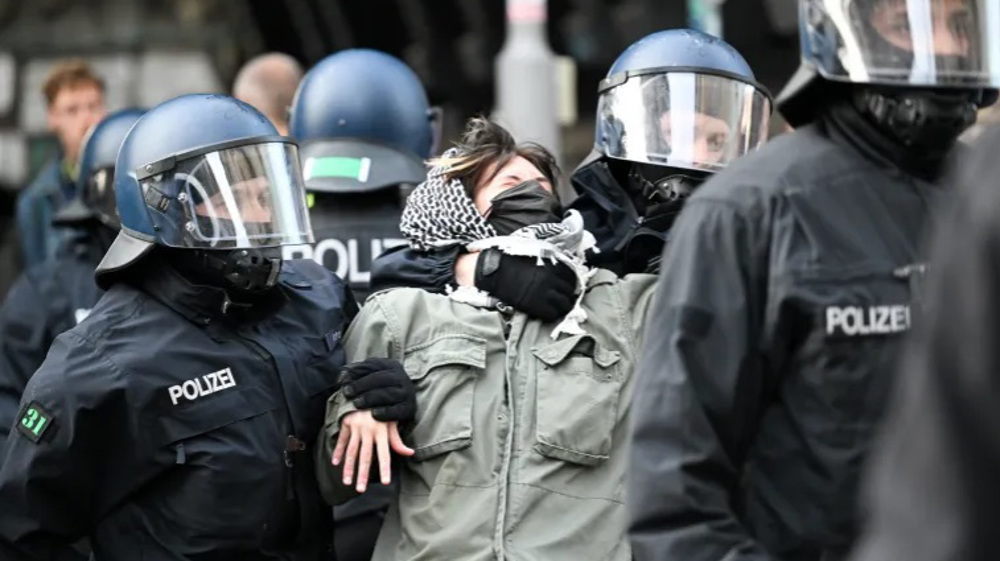
Leaked emails show German officials pressing staff into deporting pro-Palestine activists
VIDEO | Starvation spreads as Gaza faces deepening famine
VIDEO | Fake anti-Muslim stories go viral once more
Trump poised to sell arms worth $100 billion to Saudi Arabia: Report
'War is defeat': Pope Francis will be remembered for his moral stand on Gaza
Cases of Esfandiari and Hazamy: France’s quiet war on Muslim, Iranian, pro-Gaza voices
VIDEO | India-Pakistan tension
Indonesia, Iran stress commitment to expanding relations
Israel threatens 'larger' war on Gaza with new evacuation orders


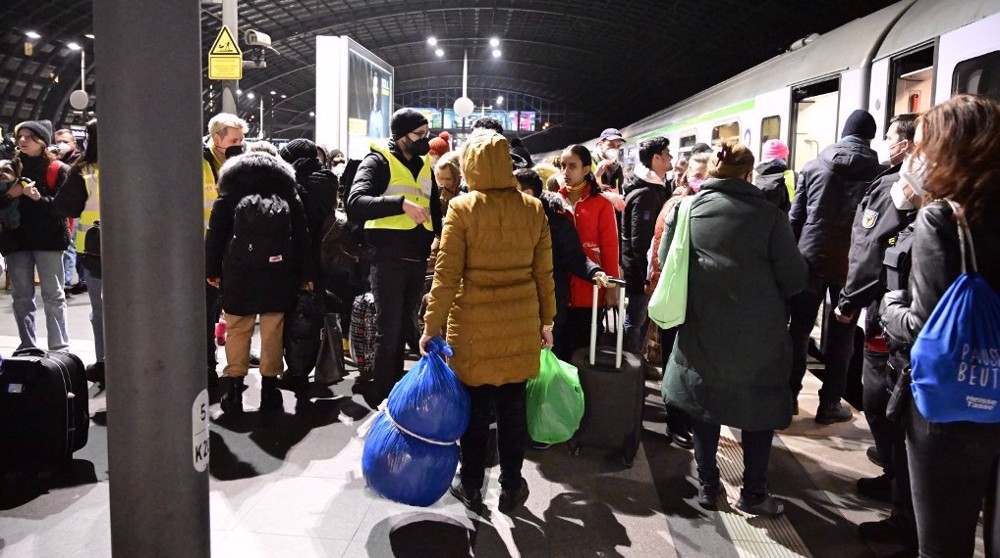
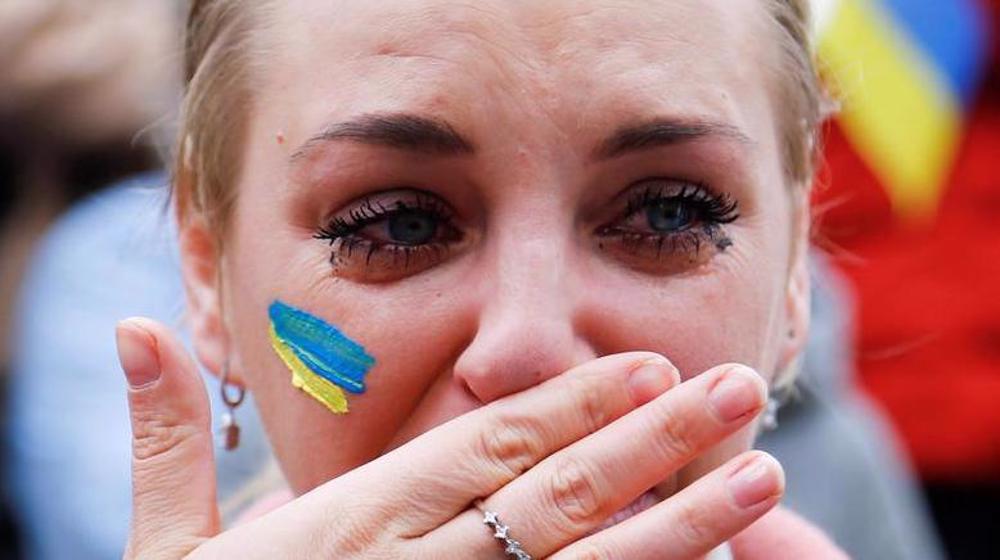



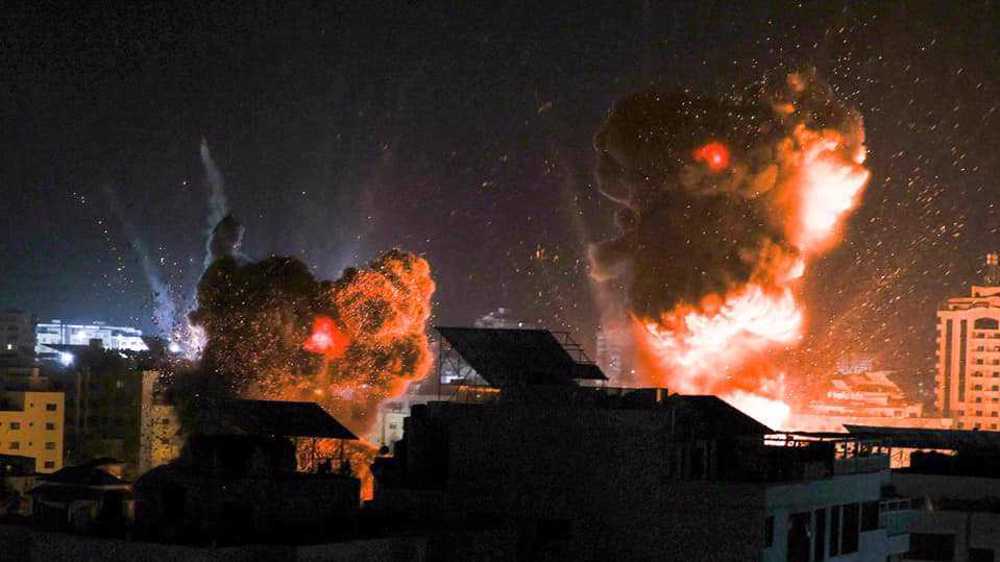
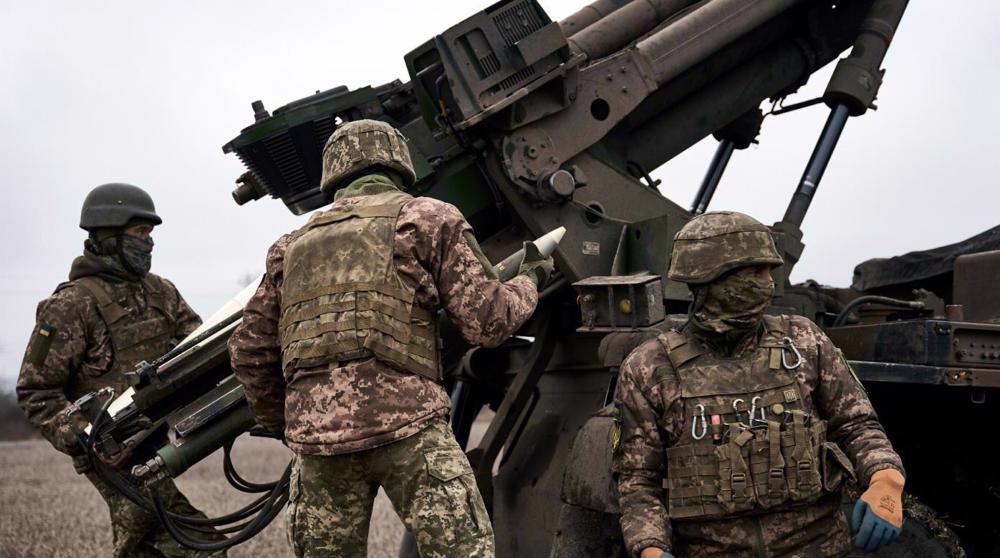
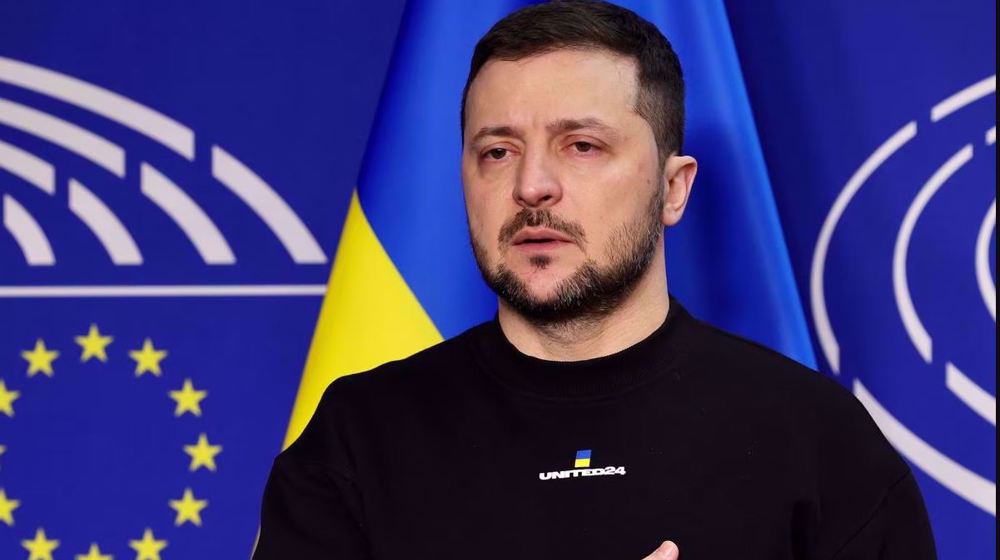
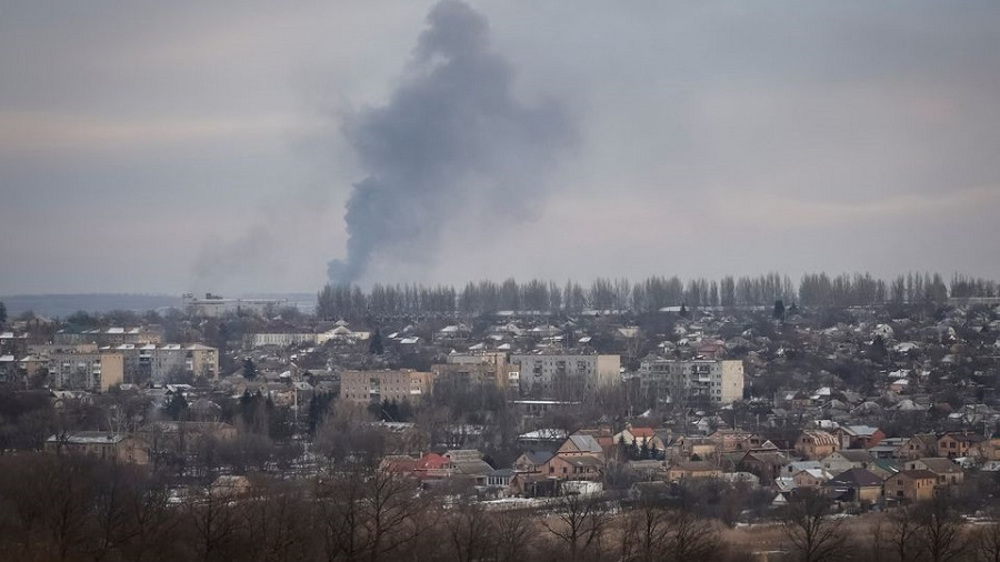
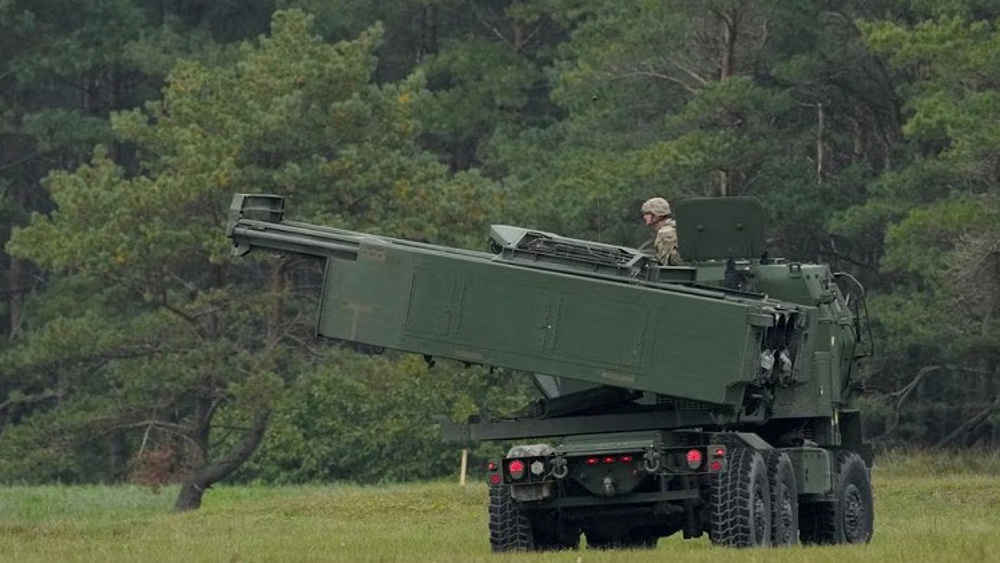
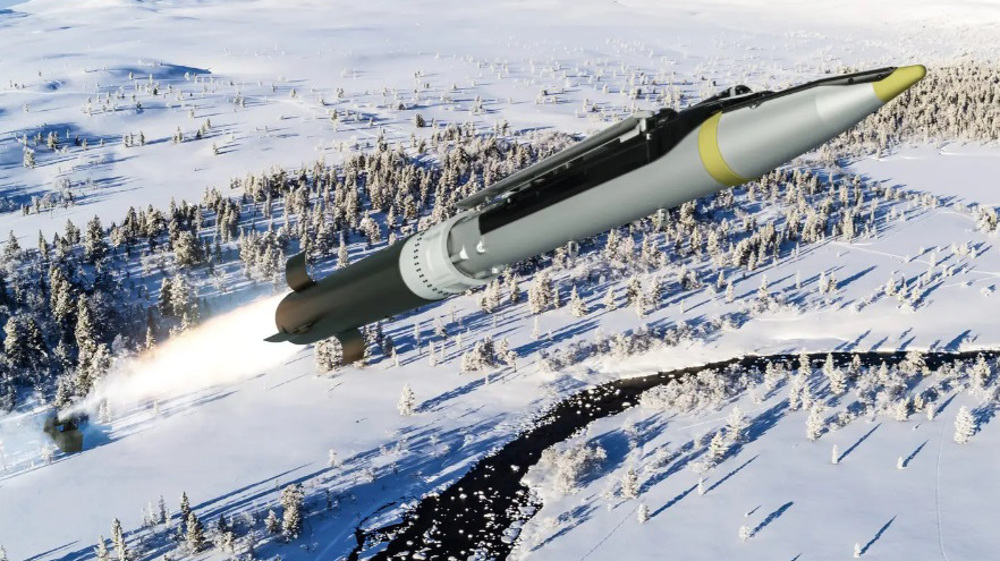
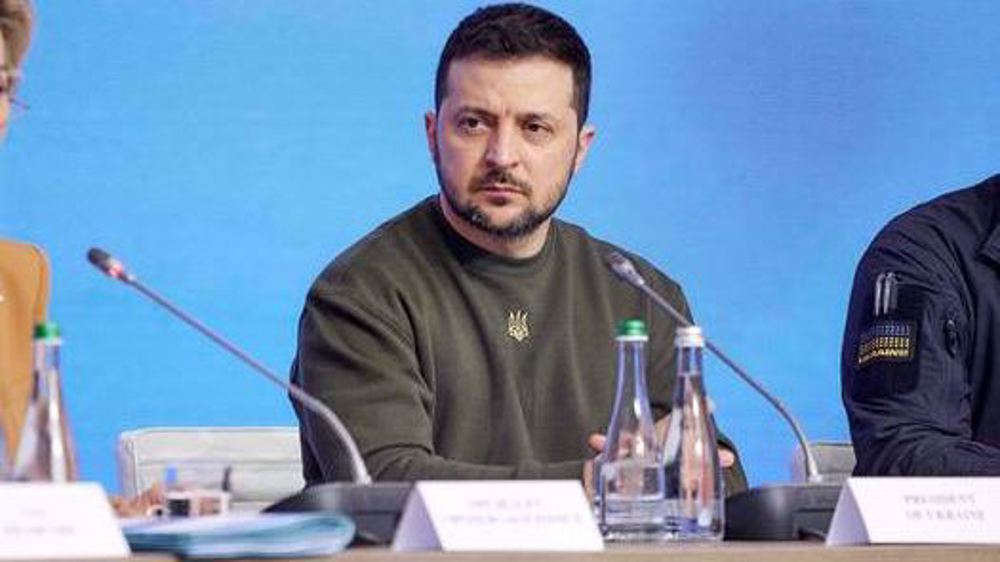

 This makes it easy to access the Press TV website
This makes it easy to access the Press TV website